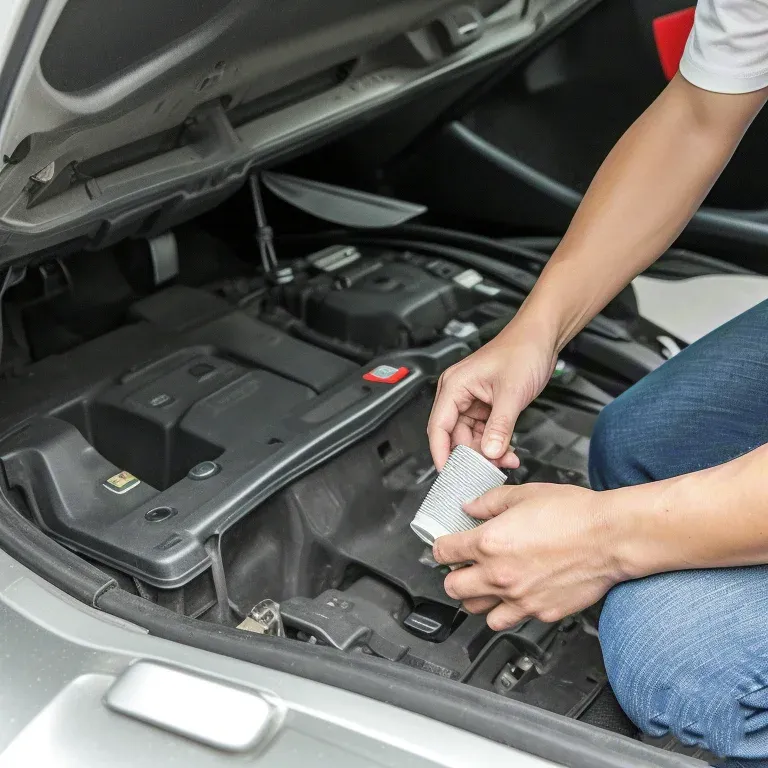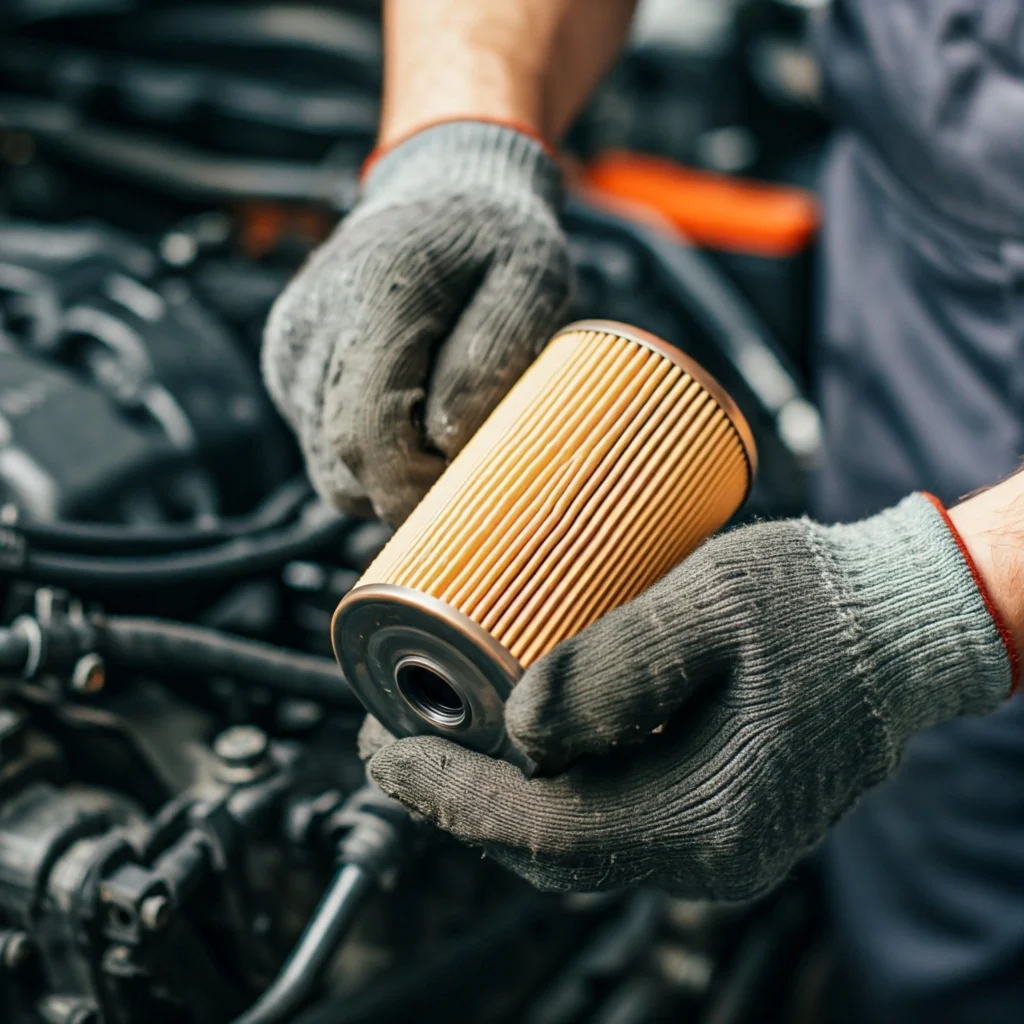
Cabin Air Filter Enhances Your Driving Experience
With the popularity of vehicles, people are no longer satisfied with just driving; the driving experience has become a concern as well. The cabin air filter is an essential item that can enhance the overall driving and riding experience.
What is a Cabin Air Filter?
Firstly, it’s important to understand what an Cabin Air Filter is. It is a component of the car’s air conditioning system, effectively separating solid impurities such as dust, pollen, and abrasive particles from the air inside the vehicle. It also effectively traps pollen, ensuring that passengers do not have allergic reactions that could affect driving safety.The Role of the Cabin Air Filter
- It ensures the filter fits snugly against the housing to prevent unfiltered air from entering the cabin.
- It ensures the filter fits snugly against the housing to prevent unfiltered air from entering the cabin.
- It separates solid impurities such as dust, pollen, and abrasive particles from the air.
- It absorbs moisture, soot, ozone, odors, carbon oxides, SO2, CO2, and other substances from the air, with a strong and lasting ability to absorb moisture.
- It prevents the car’s windows from fogging up, keeping the driver’s vision clear and safe;
- It provides fresh air in the cabin, preventing passengers from inhaling harmful gases, ensuring driving safety;
- It effectively kills bacteria and eliminates odors.From the roles of the cabin air filter mentioned above, it is clear how it enhances the driving experience. It not only improves the air quality inside the vehicle, ensuring that drivers and passengers are not at risk due to allergens like pollen, but also prevents fogging on the windshield, improving driving safety. It’s a multifaceted benefit. So, how should we choose cabin air filter?
How can we help you?
Contact us at the Consulting WP office nearest to you or submit a business inquiry online.
How to Choose Cabin Air Filter
When selecting cabin air filter, follow these principles:- Vehicle Model and Year: Different car models and years may require different types of air conditioning filters. Ensure the filter matches your vehicle’s model.
- Air Quality: If you live in an area with poor air quality, such as high levels of dust or harmful gases, a higher-performance air conditioning filter is necessary to protect your respiratory health.
- Budget: The price range for air conditioning filters is wide, depending on their performance and quality. Choose based on your budget and needs.
- Brand and Reputation: Opt for well-known brands and filters with a good reputation to ensure product quality and after-sales service.


How Often to Replace the Filter
Generally, the frequency of replacing a car’s air conditioning filter depends on your usage. For urban passenger cars, it’s usually replaced every six months or once a year. If you drive on dusty roads, more dust will enter the cabin, making the air conditioning system very dirty, and you may need to replace the filter sooner. Additionally, if you park under large trees, tree fruits can fall into the cabin air filter’s intake, causing it to become very dirty and requiring early replacement. The frequency of air conditioning use in different seasons can also have an impact.- If the airflow from the air conditioning is significantly reduced, the filter may be clogged. Clean the filter first, or replace it if necessary.
- The frequency of cleaning depends on road conditions (dusty roads, etc.).
- The air conditioning filter should be properly installed in its position. Using the air conditioning when the filter is removed can degrade its dust prevention performance and affect air conditioning performance.
- In cities with poor air quality, it is recommended to replace the air conditioning filter twice a year to ensure health.

In summary, after introducing what cabin air filter is and its role, we understand that its good filtration of the air inside the vehicle does indeed significantly enhance our driving experience. Coupled with the advice on how to choose and replace the air conditioning filter in a timely manner, the effect is multiplied. Finally, hoping that everyone can have a good driving experience with the proper use of cabin air filters, and I wish you all safe drive.

FAQ
- What is a cabin air filter? A cabin air filter is a device installed in the heating, ventilation, and air conditioning (HVAC) system of a vehicle that cleans the air coming into the cabin before it is blown through the vents.
- Why is a cabin air filter important? It’s important because it helps to remove dust, pollen, mold spores, and other airborne contaminants, improving the air quality inside the vehicle and potentially reducing allergic reactions for passengers.
- How often should a cabin air filter be replaced? The replacement interval can vary depending on the vehicle make and model, driving conditions, and the environment. It’s generally recommended to replace it every 12,000 to 30,000 miles or once a year, whichever comes first.
- What are the signs that a cabin air filter needs to be replaced? Signs include a decrease in airflow from the vents, poor air quality inside the cabin, or a musty smell coming from the air conditioning.
- Can I replace a cabin air filter myself? Yes, many vehicle owners can replace their cabin air filter with basic hand tools and by following the vehicle’s service manual or online tutorials.
- How do I know which cabin air filter is right for my vehicle? You can find the correct filter by referring to your vehicle’s owner’s manual, checking the part number on the old filter, or consulting with a professional mechanic.







